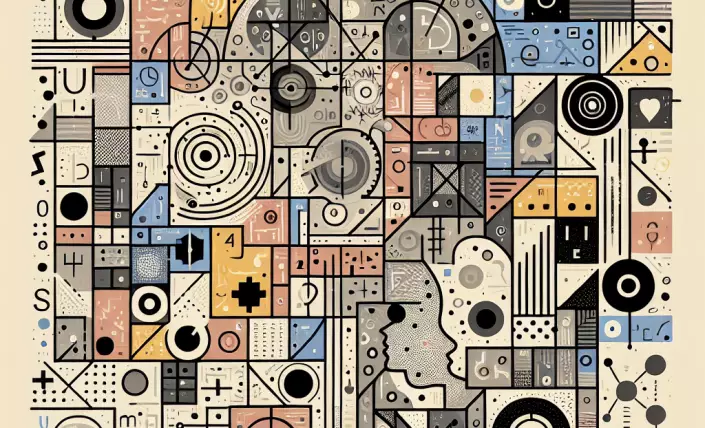In an era where change is the only constant, and innovation the mantra of progress, it is easy to dismiss tradition as a relic of the past, an anchor that holds us back from the full potential of the future. Yet, the philosophical reflections of Edmund Burke offer a compelling counter-narrative. Burke, often dubbed the father of modern conservatism, invites us to consider the profound wisdom embedded in the customs and institutions inherited from our forebears. He challenges the notion that the new is inherently better than the old, suggesting instead that traditions serve as the accumulated wisdom of countless generations, honed and refined over time.
Burke's philosophy serves as a reminder that traditions are not static; they are dynamic, continuously evolving with the society that upholds them. This evolution is not a betrayal of tradition, but rather its affirmation. In recognizing the value of traditions, we acknowledge the complexity of human society and the intricate web of relationships that have been cultivated over time. This perspective encourages us to approach change not as a sweeping revolution but as a considered evolution, respecting the stability and continuity that traditions provide while remaining open to necessary adaptations. This balance ensures that while we innovate, we do not lose the foundational principles that give our lives meaning and coherence.
In applying Burke's insights to our personal lives, we are encouraged to reflect on the traditions we inherit and the role they play in shaping our identity and values. It prompts us to ask: What customs and beliefs have we carried forward, and how do they serve us today? Are we discarding them too quickly in the pursuit of novelty, or are we preserving them with an understanding of their enduring significance? These questions are not just philosophical musings but practical inquiries that can guide our decisions and actions in a world that often values speed over substance. By engaging with Burke's ideas, we gain a deeper appreciation for the delicate balance between tradition and progress, ultimately enriching our understanding of ourselves and the society we inhabit.










